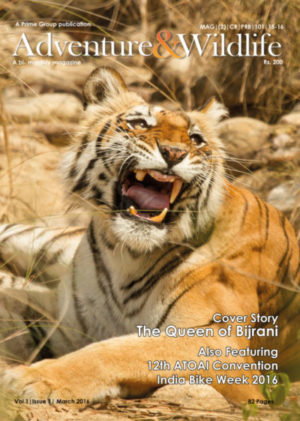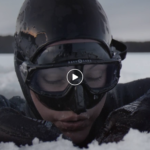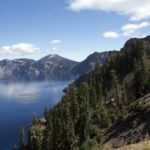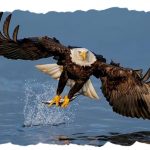
Garbage Dumps Leading to Shift in Food Habits of Wild Animals: Study
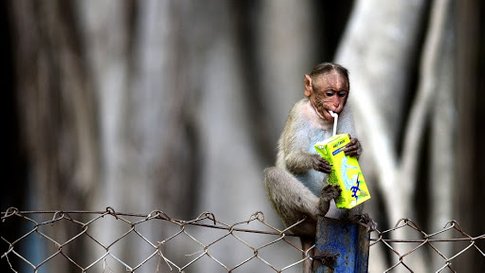
Modern-day garbage dumps, which are full of harmful products and chemicals, are emerging as a serious threat to animal and plant life. A new study in Uttarakhand has found that these dumps are resulting in a shift in food habits of birds and wild animals.
The main culprit is plastic waste, which is known to cause health complications and disruptive reproductive patterns in animals that accidentally ingest it. Plastic also causes environmental pollution through the chemicals leaching from it. The study examined the relationship between animal type and behaviour vis-à-vis the risk of plastic ingestion.
The researchers used direct observation as well as infrared camera-traps to monitor animal visits and food intake behaviour at two selected sites in Nainital district. The sites were monitored for two to three hours daily for a period of two months, and scanning was done every 10 minutes throughout the observation period. The researchers recorded feeding patterns and the frequency of animal and bird visits to these garbage sites. A total of 32 species of animals and birds were seen feeding on garbage.
Based on the observed behaviours of the animals at the sites, researchers divided them into different groups. The ‘peckers’, who used their beaks to pull out food from plastics, included 19 species of birds. The second group was the ‘handlers’, which included two species of animals with hand-like front body parts that were capable of segregating food from other waste. The last group identified was ‘gulpers’, who lacked hand-like organs as well as mouth parts, and thus could not separate food from plastics.
It was found that the average time spent by an animal or a bird at garbage sites is about 2.8 minutes. Among all the visitors, the large-billed crow showed the highest contact rate with plastic, while Sambar (a type of deer) showed the lowest contact rate with it. Among the three types of animals, handlers and peckers were seen to come in touch with plastic more than twice as often as gulpers.
The research was conducted in Uttarakhand, where tourists generate a lot of garbage in and around such natural habitats. Two garbage dumps in Nainital district were taken as sample sites. The location assumes importance because of the presence of 200 bird species and 75 mammals in the area. The dumping site was characterised by leftover food mixed with non-biodegradable waste such as plastics, glass bottles, metal cans, light bulbs, cartons, etc.
“An ecological shift is happening where [a] few animal species at some places are becoming more dependent on anthropological food waste. If we don’t enforce proper waste management strategies, particularly in and around natural sites and forest areas, it would have disastrous implications on wildlife,” pointed out Geetanjali Katlam, a member of the research team.
Garbage dumping sites have both physical and toxicological implications on animal life. Plastics present in garbage get ingested by wild animals, leading to lethal injuries and damage to the digestive tract, which results in starvation, ulceration of stomach, reduced fitness, growth problems and premature death.
The study concludes that there should be segregation of waste generated from domestic and other activities at the source only in order to prevent harm to animals feeding on it and also to address the problem of ecological impact of non-biodegradable waste accumulation.


